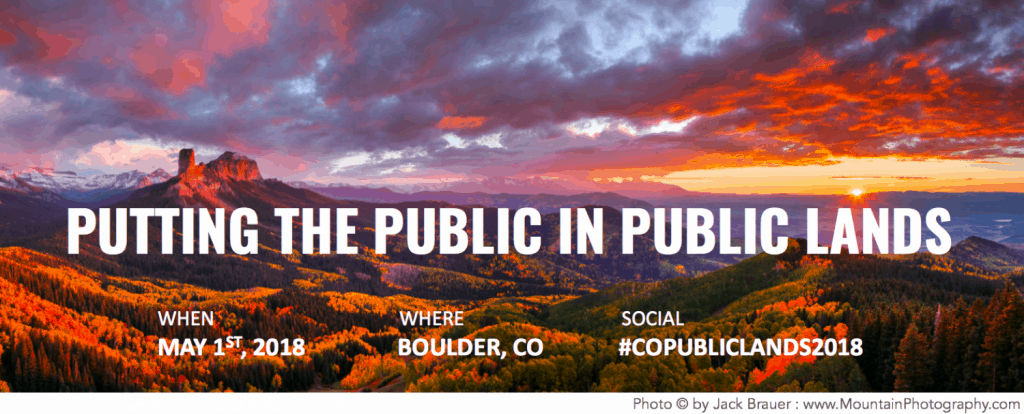This is a topic that at least Sharon and I like to debate (though for some reason she didn’t weigh in here). The Western Environmental Law Center is offering this hour and half webinar on July 17. As far as I know, it’s open to the public.
PNW Forest Collaboratives Workshop Series Part 3: Historical Range of Variability (HRV): Uses and Various ApproachesRange of Variability (ROV) concepts – including Natural (NRV), Historic (HRV), Current (CRV), and Future (FRV) – are frequently used by the US Forest Service to help define land management goals. Nathan Poage, Forest Service Ecologist, joins us to provide an introduction to ROV terminology and examples of how the Malheur, Umatilla, and Wallowa-Whitman National Forests in the Blue Mountains have applied ROV concepts during project planning when addressing key requirements of the Eastside Screens. The discussion will include overviews of tools commonly used to conduct ROV analyses. Q&A will follow the presentation.This webinar will be on Friday, July 17 from 10-11:30am Pacific Time.Registration is required for this event. Register today by clicking this link.
PNW Forest Collaboratives Workshop Series Part 2: Collaborative Administrative and Judicial Review OpportunitiesIn this follow-up webinar to NEPA 101, WELC attorney Susan Jane Brown will give a presentation on and answer your questions about collaborative administrative and judicial review opportunities, and dig deeper into the administrative review process for the Forest Service, judicial review of agency decisions, and how collaborative groups can engage in these processes.This webinar will be on Thursday, July 9 from 10-11:30am Pacific Time.Registration is required for this event. Register today by clicking this link.

